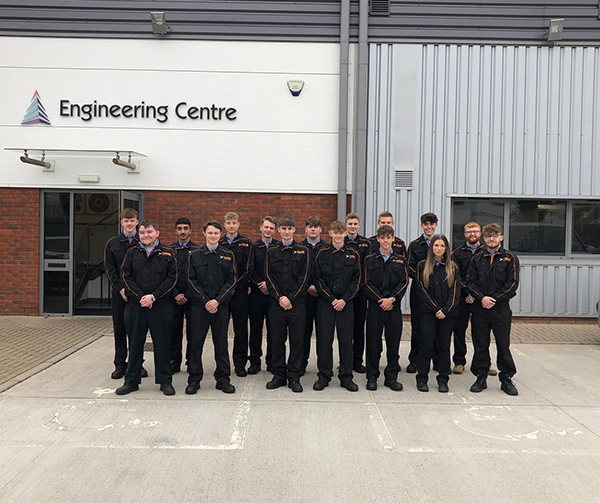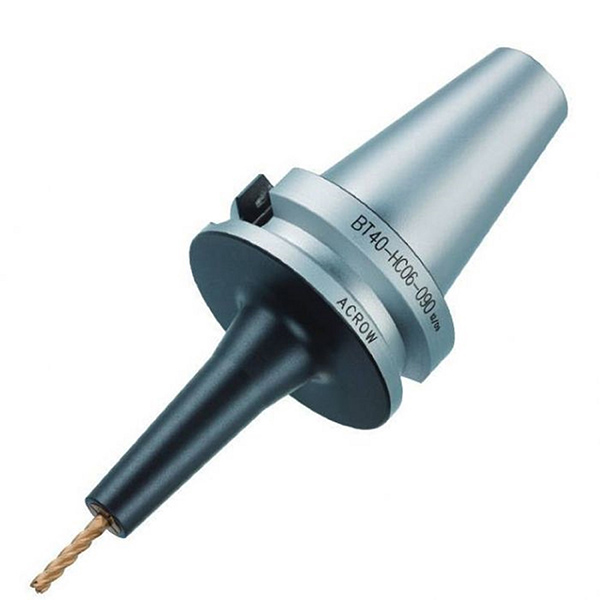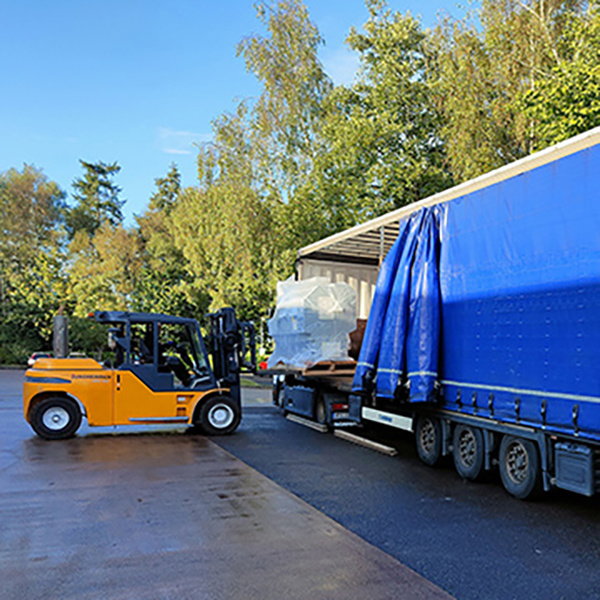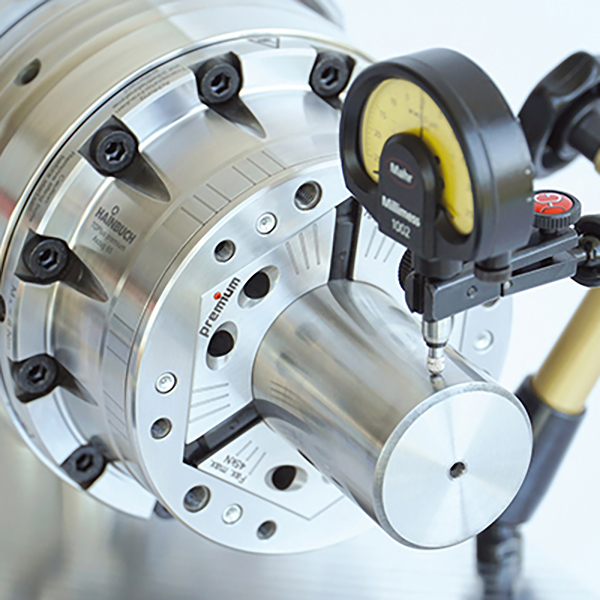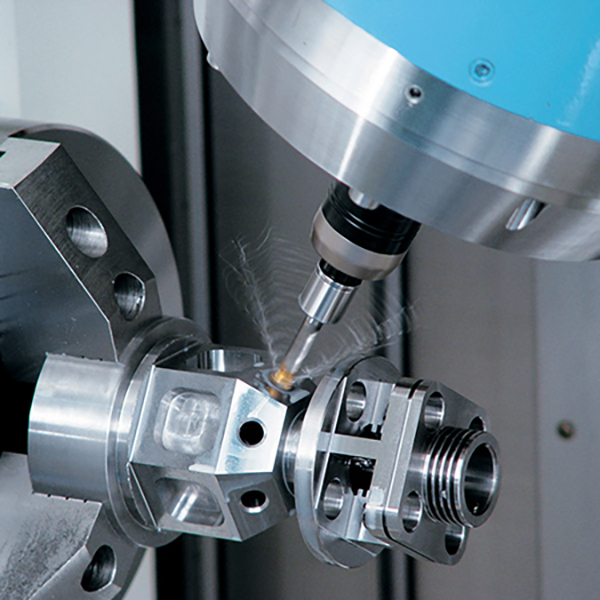
With a new development in the hexagonal chuck series from Hainbuch, the German clamping device manufacturer says it is taking precision to a new level. The new Toplus Premium Chuck introduces a host of additional advantages.
Hainbuch’s portfolio of chucks has always been very precise and, once chucks alignment is complete, runout is near to zero for repeat clamping. If the various chuck heads are then changed, runout is usually between 3 to 7 μm without alignment.
With the new Toplus Premium Chuck, Hainbuch guarantees a runout of ≤5 μm without alignment, regardless of which clamping head is used. Until now, this was only possible with an expensive hydraulic expansion or a diaphragm chuck. These systems have limitations entailed by their design. In many cases, runout of ≤10 μm is perfectly sufficient. However, components or machining processes that demand a runout of ≤5 μm are increasingly commonplace within the industry. By utilising the new Toplus Premium Chuck with the associated premium clamping heads and, by clamping against the workpiece stop, this level of accuracy is always achieved. As a result, manufacturers no longer have to lose time making alignments for small batch sizes.
To reduce set-up times, improve machine utilisation and reduce costs, a robot is often used to load the workpieces in the machine. This strategy can become a problem if the clamping stroke is too small. With the Toplus Premium Chuck combined with a clamping head, the stroke is increased to make loading easier, even if the robot works somewhat imprecisely. In addition, the Toplus Premium Chuck is very robust and not as sensitive as some other clamping devices. Any slight contact with the workpiece during loading has no effect on the chuck and the process remains stable. The chuck is also sealed against contamination and vibration.
For further information
www.hainbuch.com







